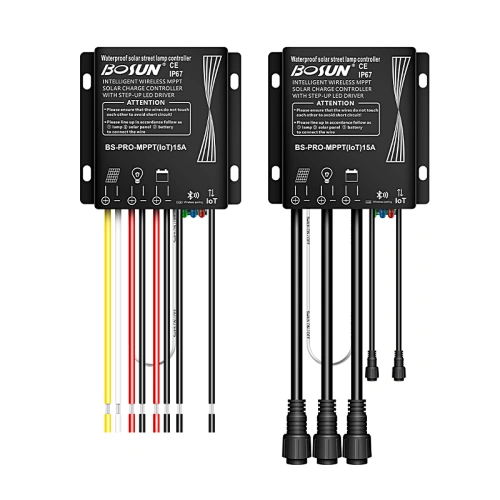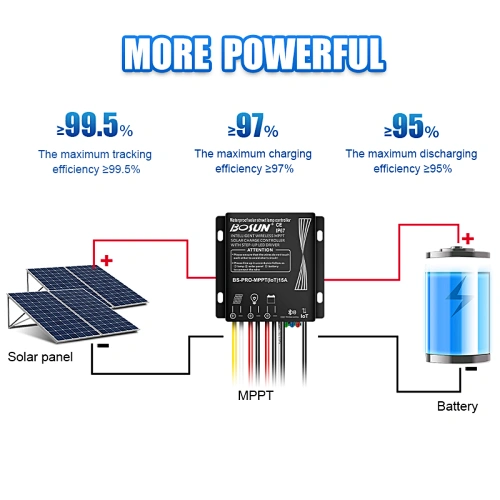As South America embraces renewable energy, various countries have implemented incentives and policies to promote the adoption of solar energy products. These measures aim to attract investment, reduce carbon emissions, and enhance energy security. This article provides an overview of the current landscape of solar incentives and policies across key South American nations.
Solar incentives and tax policies in South America have had a significant impact on the import and adoption of solar street lights. Here’s a breakdown of how these policies have shaped the market:
1. Increased Demand for Solar Street Lights
Incentives = Lower Cost of Ownership
Government-backed subsidies, tax exemptions, and net metering policies have reduced the total cost of solar installations, making them more attractive for public infrastructure projects like street lighting. Municipalities and private developers now see solar street lighting as a cost-effective, long-term investment.
Example: In Brazil, cities using solar street lights in public spaces benefit from VAT exemptions under REIDI and local “Green IPTU” tax discounts.
Result: Growing tenders for solar street lighting systems, especially in urban and semi-urban areas.
2. Encouraged Large-Scale Projects
Policy Certainty Boosts Planning
Clear tax incentives in countries like Colombia and Chile have led to an increase in municipal-level and smart city infrastructure projects, many of which include solar street lighting as a key component.
BOSUN with its modular, Pro-Double MPPT solar charge controller solar street lights, fits well into government mandates to improve energy efficiency in street-level infrastructure.
3. Affected Supply Chain and Import Trends
Tariff Changes = Mixed Impact on Importers
Some countries, like Brazil, have increased import duties (e.g., raising solar panel taxes from 9.6% to 25%) to encourage domestic manufacturing. This can temporarily increase the cost of importing integrated solar street lights that include photovoltaic modules.
In Colombia and Argentina, import exemptions for renewable energy products still apply, making it easier and cheaper to import solar lighting systems from trusted brands like BOSUN.
4. Shift Toward High-Quality, Compliant Products
Only Certified Products Qualify for Incentives
Most government programs require imported solar systems to meet specific technical standards or certifications. This has raised the demand for reliable, efficient, and compliant products, putting BOSUN in a favorable position due to its:
High-performance charging efficiency
Durable, waterproof designs suitable for variable climates
5. Sustainability Targets Drive Policy-Backed Adoption
Governments across the region are increasingly linking solar incentive programs to their carbon neutrality goals and climate action plans. Solar street lights contribute to these goals by:
Replacing fossil-fuel-powered or grid-reliant lighting
Reducing carbon emissions
Enhancing energy independence in off-grid areas
This aligns directly with BOSUN’s brand positioning as a sustainable and smart solar lighting provider.
Why BOSUN Should Be Your First Choice for Solar-Powered Street Lights
Choosing the right solar-powered street light isn’t just about saving energy—it’s about reliability, durability, and performance. BOSUN Lighting stands out as a trusted leader in the solar lighting industry for several key reasons:
1. Advanced Double MPPT Charging Technology
Up to 99% charging efficiency
Optimized energy capture even in cloudy or low-light conditions
Better battery management for longer life and stable performance
Auto-dimming based on movement or ambient light
Remote control & scheduling
Smart switching between standard and waterproof wires to maintain performance in different environments
3. Rugged & Weather-Resistant Build
IP65+ waterproof rating
Anti-corrosion, anti-rust aluminum housing
Wide operating temperature range
4. Cost-Effective Over Time
Requiring no trenching or wiring
Having long-life batteries and LED units
Being compatible with government incentives in many countries (like Colombia, Argentina, Brazil)
5. Wide Range of Models for All Applications
From rural pathways to urban highways, BOSUN offers:
All-in-one solar street lights
Split-type systems for large installations
Customizable brightness and runtime options
Solar incentives across South America have greatly accelerated the import and deployment of solar street lights, especially from high-quality manufacturers like BOSUN Lighting. While import tariffs (like in Brazil) may pose short-term challenges, the overall policy trend supports widespread adoption of solar lighting systems in public, commercial, and residential sectors.
BOSUN is more than a solar light—it’s a smart investment in performance, reliability, and sustainability. Whether you’re upgrading urban infrastructure or powering remote rural areas, BOSUN delivers consistent results that make it the first choice for solar-powered street lighting.
Post time: May-01-2025







